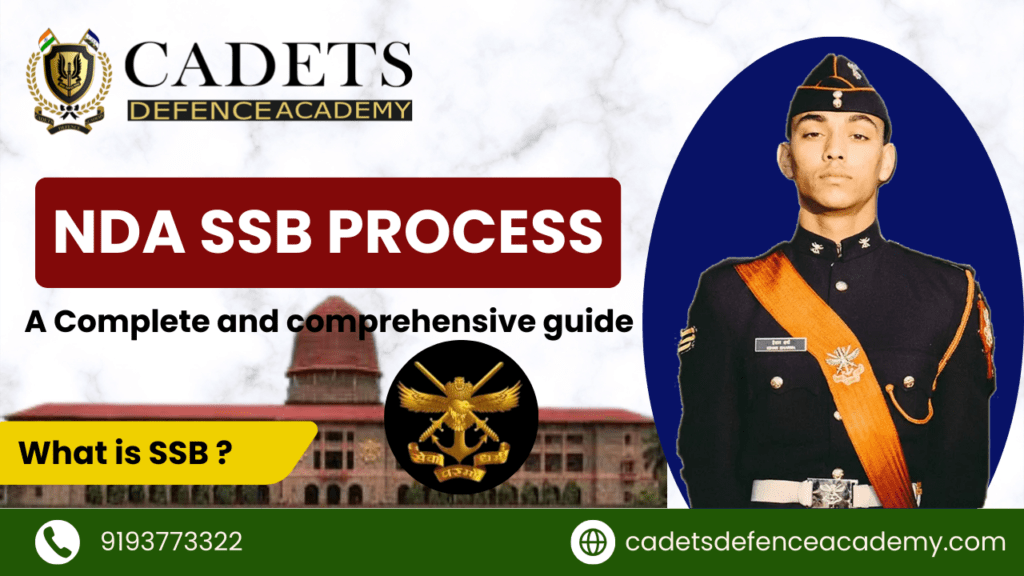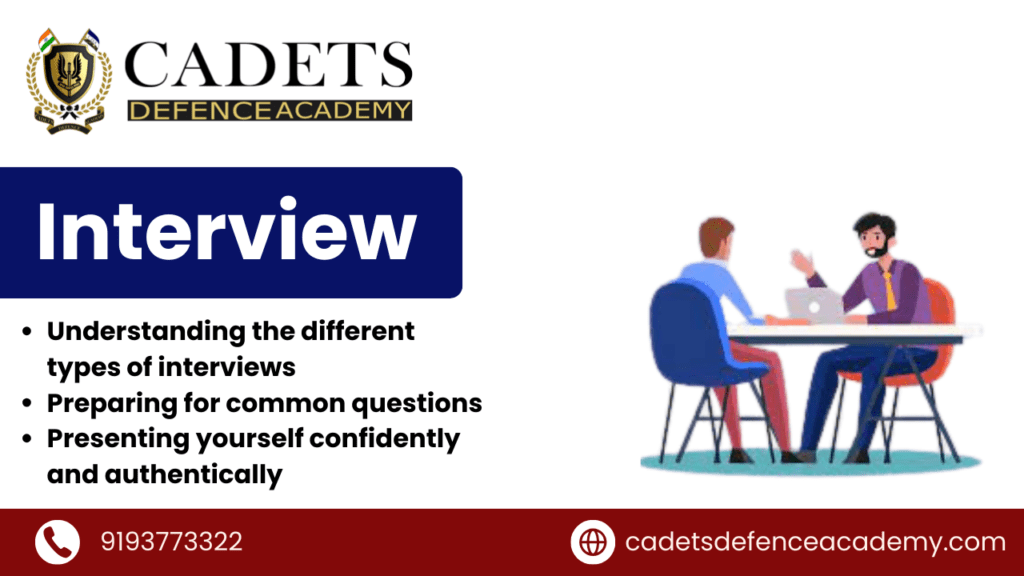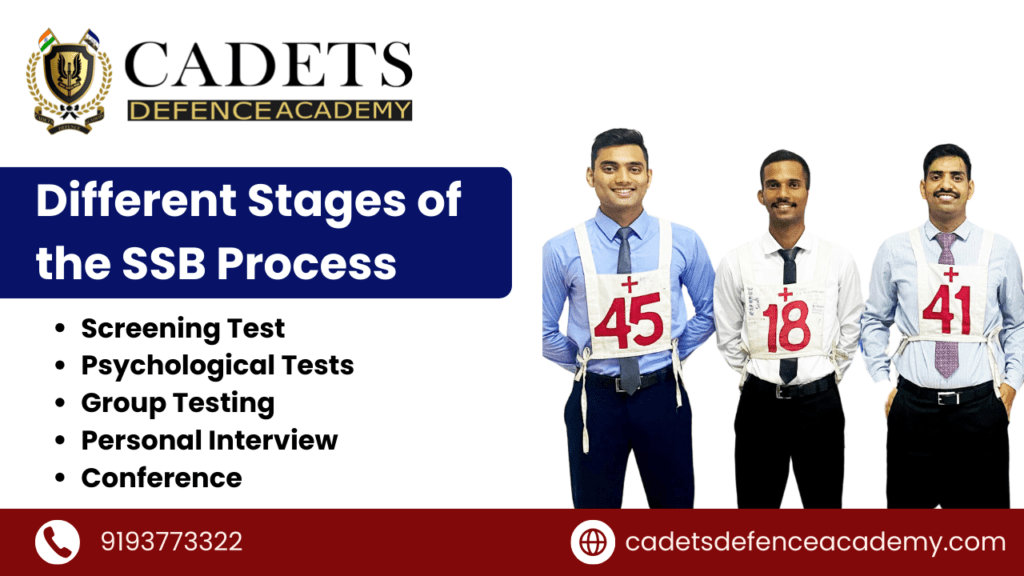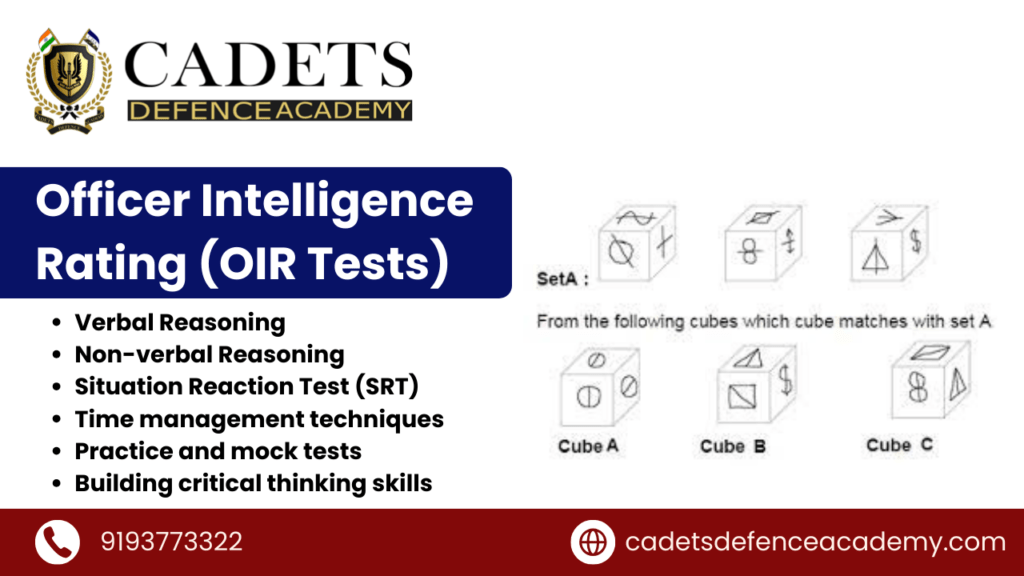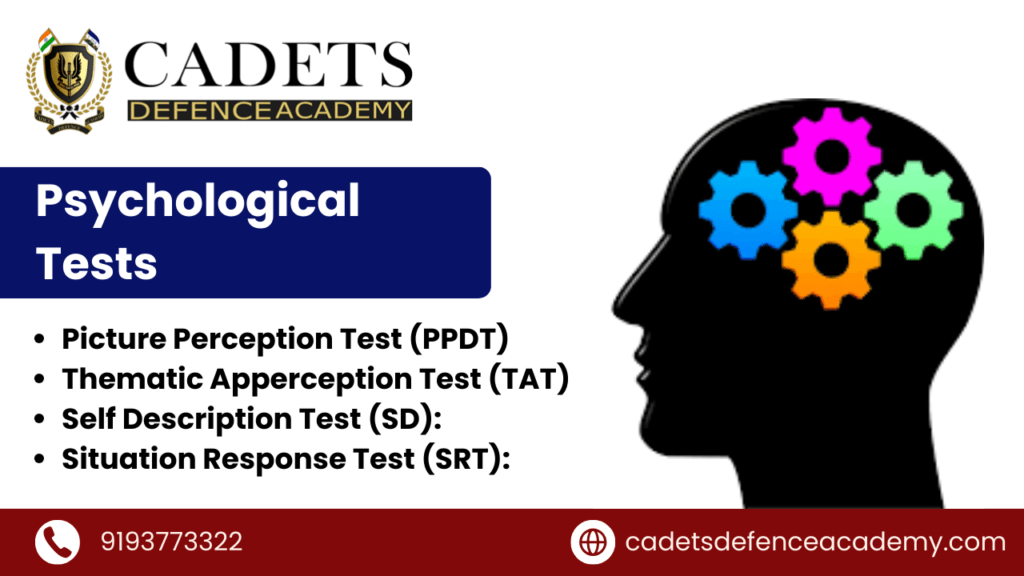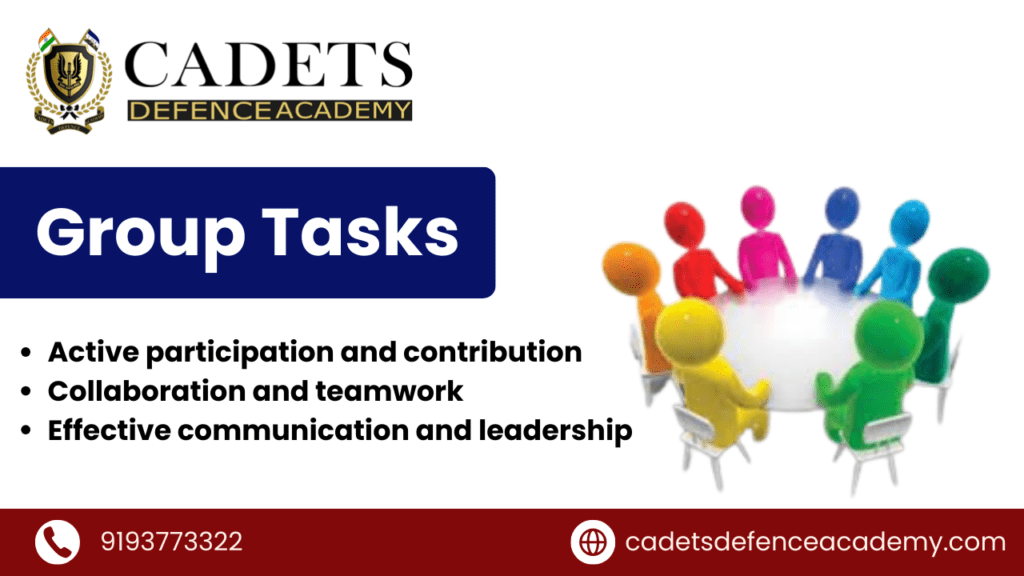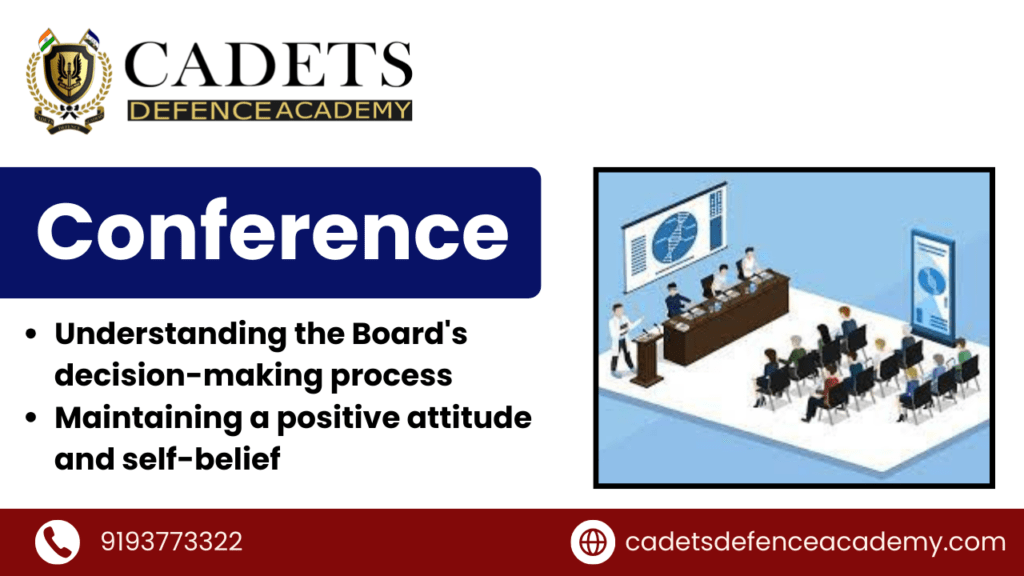Important SSB Interview Questions Every Aspirant Must Prepare For
Important SSB Interview Questions Every Aspirant Must Prepare For Table of Contents If you’re preparing up for the SSB interview, chances are you’ve been scanning the internet, scribbling notes, watching mock interviews, and wondering—what exactly are they gonna ask me? You’re not alone. The SSB interview process can feel intense, but don’t worry—we’re gonna break it all down right here. In this blog, we’ll walk through the important SSB interview questions you need to know, the mindset you should carry, and the tricks that can help you stand out, naturally. Not like a rehearsed robot, but like you, the future officer. What is the SSB Interview Anyway? Before jumping straight into the questions, let’s just take a second to understand the bigger picture. The Services Selection Board (SSB) interview is not your typical job interview. It’s designed to dig deep into your personality, mindset, leadership qualities, and potential to become an officer in the Armed Forces. It’s a five-day process (yup, five full days) where you go through multiple rounds: Screening Test Psychological Tests Group Testing Officer (GTO) Tasks Personal Interview Conference Round And the personal interview is where many candidates either shine—or stumble. That’s why being prepared with important SSB interview questions can really boost your confidence. The Classic Personal Interview Questions Let’s start with the basics. These aren’t just ice-breakers; they’re windows into your personality. “Tell me about yourself.”Sounds easy, right? But many aspirants mess this up by rambling. Keep it honest, flowy, and to the point. Focus on your background, values, goals—without sounding like a school essay. “Why do you want to join the Armed Forces?”This one’s huge. Avoid textbook answers like “I want to serve the nation.” That’s understood. Dig deeper. Talk about your personal journey—maybe a family connection, or a moment that sparked the passion. “Tell me about your strengths and weaknesses.”Don’t say perfectionist as a weakness, everyone does. Instead, talk about a real issue and how you’re working on it. “What are your hobbies?”Mention genuine hobbies. If you say “reading,” be ready to talk about the last 2-3 books you’ve read. The key with all these important SSB interview questions is to be authentic. Don’t just say what you think they wanna hear. That usually backfires. Let’s Talk Psychology (Just a Bit) Okay, so there’s this whole psychology part in the SSB. And guess what? Sometimes the interview questions touch on these areas too. For example, if in your Thematic Apperception Test (TAT) you wrote about a brave soldier, the interviewer may ask,“So you believe in taking bold decisions. Can you recall a time you did that in real life?” Boom. Caught off guard? Not if you’re ready. Sometimes they pick words from your Word Association Test (WAT) like “leader” or “risk” and frame follow-up questions around those. That’s why aligning your story across all stages really matters. Real-Life and Situation-Based Questions Now this is where things get fun—and tricky. They’ll throw scenarios at you and see how you react. These aren’t questions you can “mug up.” But knowing the type of important SSB interview questions can help you prepare your thinking. Some examples: “If your friend is cheating in an exam, what would you do?” “You see a man hitting a child on the street. Will you intervene?” “You’re leading a team and one member refuses to cooperate. What now?” Here’s the trick: They’re not testing just your answer, but your approach. Your reasoning. Your tone. So when you answer, don’t be in a rush. Think like an officer—calm, confident, balanced. The ‘Gyaan’ Section – Tips to Tackle Any Interview Question Let’s be real. You can’t prepare for every question, but you can prepare the way you answer. Here’s what helps: Self-awareness is your best tool. Know your story—your wins, your flaws, your turning points. Talk like a real person. Don’t fake accents or speak too formally. They want you, not a rehearsed script. Use examples. Don’t just say “I’m a team player.” Say, “In college, I was part of XYZ team, and this is how we handled a crisis…” Stay calm. Even if the question feels weird or uncomfortable. Also, rehearse. But don’t memorize. Talk to a mirror, or even better—record yourself and listen back. Cringe, yes. Helpful, big time. How About Current Affairs? Yep, that’s a thing too. Not a quiz round, but you’ll get questions like: “What are your views on India’s defence policy?” “What do you think about recent international conflicts?” “Tell me about the Agnipath Scheme.” Brush up on: Indian Armed Forces structure Defence news (DRDO, indigenous weapons, etc.) General knowledge from the last 3–6 months Don’t know an answer? Say it politely. “I’m not fully aware of the details but I’ll definitely read up on it.” Done. Important SSB Interview Questions You Must Prepare These important SSB interview questions are designed to evaluate how you think, act under pressure, lead, adapt, and communicate. Go through each one honestly—this isn’t about giving the “perfect” answer, but about showing your mindset, self-awareness, and leadership potential. Tell me about yourself. What future goals have you set for your career, and how does the armed forces fit into them? In what ways do you manage your time effectively during daily tasks or studies? Can you describe a moment when you had to obey an order that you personally didn’t agree with? How do you make sure your decisions and actions follow ethical values? What inspired you to pursue a career in the Indian Armed Forces? How do you usually respond to setbacks or failures in your life? Share an example when you came up with a creative solution to a challenging situation. Why do you think self-discipline is crucial in the life of a soldier? Have you ever worked in tough or uncomfortable conditions? How did you manage? How do you stay focused and calm when pressure starts building up? Tell us about a time when you successfully handled a conflict with someone. How do you react to criticism


